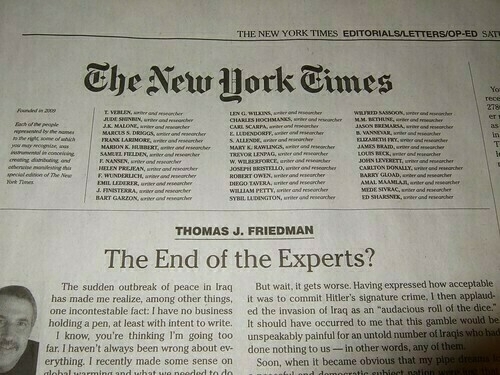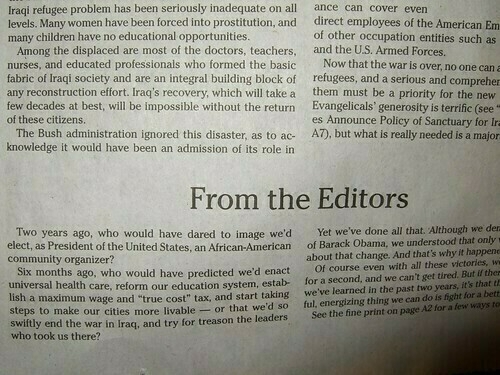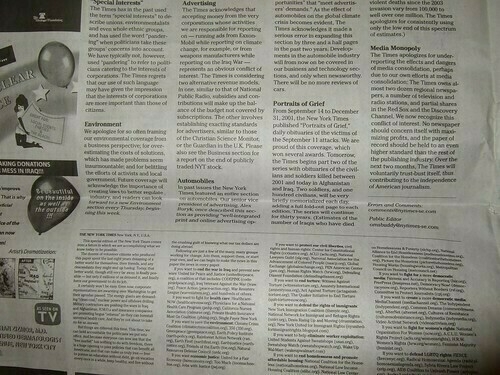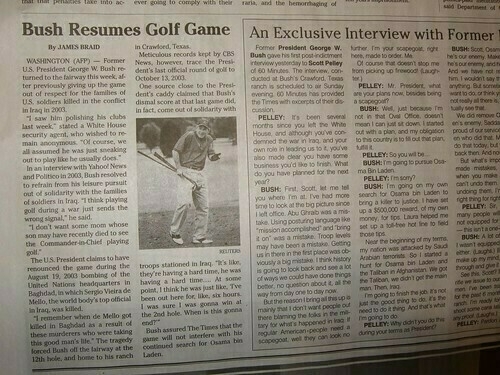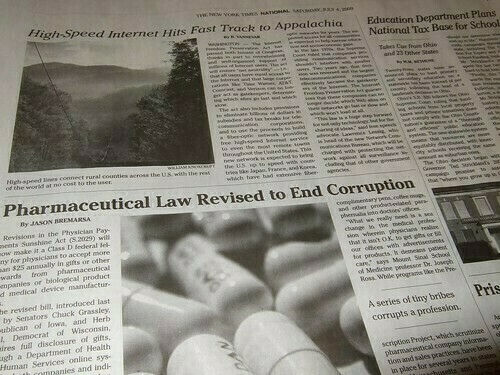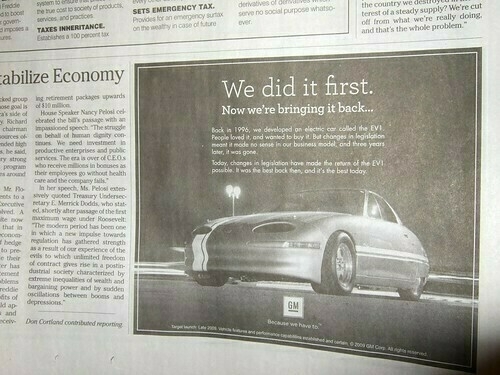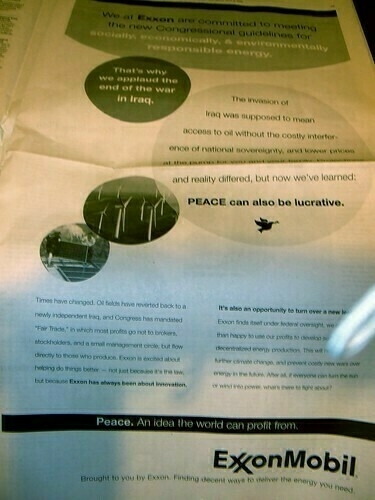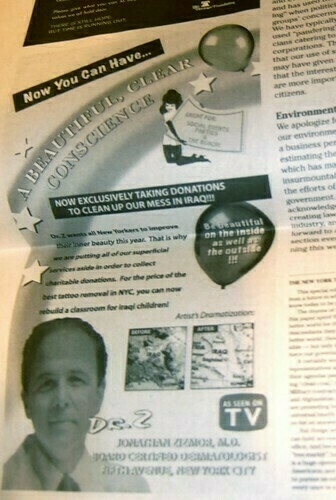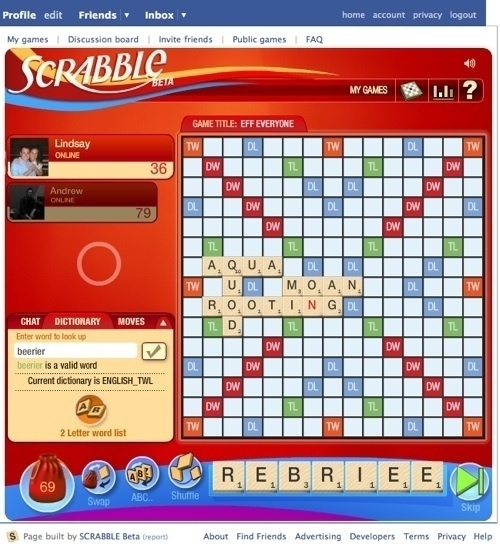In what is likely to be the most magical copyright case to come to the Southern District of New York this year, US District Judge Robert Patterson ruled in favor of Warner Brothers and J.K Rowling against RDR Books, finding that the publisher of the Harry Potter Lexicon infringed on the plaintiffs’ copyrighted expression in the collected Harry Potter works. Warner Bros. Entertainment, Inc. v. RDR Books
While a victory for the original author, this case does provide useful guidance for future reference guides to fictional works on how to create a guide that will be considered fair use.
The key issue that the court has with the Lexicon is the extent to which it borrows language directly from the original Harry Potter novels and companion books. The court writes, “Although it is difficult to quantify how much of the language in the Lexicon is directly lifted from the Harry Potter novels and companion books, the Lexicon indeed contains at least a troubling amount of direct quotation or close paraphrasing of Rowling’s original language. The Lexicon occasionally uses quotation marks to indicate Rowling’s language, but more often the original language is copied without quotation marks, often making it difficult to know which words are Rowling’s and which are Vander Ark’s. … Although hundreds pages (sic) or thousands of fictional facts may amount to only a fraction of the seven-book series, this quantum of copying is sufficient to support a finding of substantial similarity where the copied expression is entirely the product of the original author’s imagination and creation.”
Invented facts– such as the properties of a boggart— constitute creative expression protected by copyright. Each “fact” reported by the Lexicon is actually expression invented by Rowling. Reproducing original expression in fragments or in a different order, however, does not preclude a finding of substantial similarity. However, the Lexicon’s rearrangement of Rowling’s fictional facts does not alter the protected expression in a way that the Lexicon ceases to be substantially similar to the original works.
The court finds that the Lexicon is not an infringing derivative work because it is not sufficiently creative to be a derivative work. “By condensing, synthesizing, and reorganizing the preexisting material in an A-to-Z reference guide, the Lexicon does not recast the material in another medium to retell the story of Harry Potter, but instead gives the copyrighted material another purpose.” In a footnote, the court goes on to note that this is the key difference between derivative works which are infringing and works of fair use, which are permissible.
The defendants raise the defense that the Lexicon is a fair use of material from the Harry Potter books, but the court rules that the Lexicon is insufficiently transformative to be a fair use. “The purpose of the Lexicon’s use of the Harry Potter series is transformative. Presumably, Rowling created the Harry Potter series for the expressive purpose of telling and entertaining and thought provoking story centered on the character Harry Potter and set in a magical world. The Lexicon, on the other hand, uses material from the series for the practical purpose of making information about the intricate world of Harry Potter readily accessible to readers in a reference guide. … Because it serves these reference purposes, rather than the entertainment or aesthetic purposes of the original works, the Lexicon’s use is transformative and does not supplant the objects of the Harry Potter works.” The Lexicon’s use of material from the companion books, which started life off in encyclopedic form, does add value by “adding a productive purpose to the original material,” it is transformative “to a much lesser extent” since it largely supplants “the informational purpose of the original works.”
“While not its primary purpose, the Lexicon does add some new insight, of whatever value, as to the Harry Potter works.”
“The transformative character of the Lexicon is diminished, however, because the Lexicon’s use of the original Harry Potter works is not consistently transformative. … Perhaps because Vander Ark is such a Harry Potter enthusiast, the Lexicon often lacks restraint in using Rowling’s original expression for its inherent entertainment and aesthetic value.” The inconsistent use of diligent citations by the Lexicon contributes to a lack of transformative character in those instances where its value as a reference guide lapses.
Weighing most heavily against Defendant on the third factor is the Lexicon’s verbatim copying and close parahprasing of language form the Harry Potter works. In many instances, the copied language is a colorful literary device or distinctive description.… The Lexicon’s verbatim copying of such highly aesthetic expression raises a significant question as to whether it was reasonably necessary for the purpose of creating a useful and complete reference guide.
“Additionally, the fourth factor favors Plaintiffs if publication of the Lexicon would impair the market for derivative works that Rowling is entitled or likely to license. Although there is no supporting testimony, one potential derivative market that would reasonably be developed or licensed by Plaintiffs is use of the songs and poems in the Harry Potter novels. Because Plaintifs would reasonably license the musical production or print publication of those songs and poems, Defendant unfairly harms this derivative market by reproducing verbatim the songs and poems without a license.”
The court confirms that it should be possible to write a guide to a series of novels that does qualify as a fair use, by lifting less of the language directly.
“Notwithstanding Rowling’s public statements of her intention to publish her own encyclopedia, the market for reference guides to the Harry Potter works is not exclusively hers to exploit or license, no matter the commercial success attributable to the popularity of the original works. The market for reference guides does not become derivative simply because the copyright holder seeks to produce or license one.… Furthermore, there is no plausible basis to conclude that publication of the Lexicon would impair sales of the Harry Potter novels… reading the Lexicon cannot serve as a substitute for reading the original novels; they are enjoyed for different purposes. The Lexicon is thus unlikely to serve as a market substitute for the Harry Potter series and cause market harm.…
“In striking the balance between the property rights of original authors and the freedom of expression of secondary authors, reference guides to works of literature should generally be encouraged by copyright law as they provide a benefit readers and students; but to borrow from Rowling’s overstated views, they should not be permitted to ‘plunder’ the works of original authors ‘without paying the customary price,’ lest original authors lose incentive to create new works that will also benefit the public interest.”
Other links and commentary:
Michael Madison, madisonian.net Eyes on the Fair Use Prize: “The interesting half of the opinion, from my point of view, is the treatment of the fair use argument. In effect, and without belaboring a critique of the full opinion, the court decided that the Lexicon, while alleged to be a work of scholarship, wasn’t scholarly enough.”
Derek Bambauer, Info/Law, Rowling 1, Lexicon 0: “This case tees up hard copyright questions. What is the boundary of the term of art ‘derivative work’? How broad should an author’s control be over secondary, non-scholarly works treating her expression? How should courts deal with inventorying of ‘fictional facts’? This opinion resolves some of these questions in the Lexicon case, but I feel less certain it answers them for future plaintiffs.”
Scrivener’s Error, Harry Potter and the Copyright Infringement: “Contrary to the whingeing (and outright screaming) that you’re going to hear, this is not a rejection of fair use as a concept. It is, instead, limited to the particular facts that were presented to Judge Patterson for this matter.”
David Ardia, Citizen Media Law Project, Judge Rejects Fair Use Defense in Harry Potter Lexicon Case, J.K. Rowling Recovers Her Plums: “So what are we to make of the court’s lengthy exposition on fair use? As I already noted, Judge Patterson’s framing of the facts seems to have dictated how his fair use analysis would come out. Nevertheless, there is some good news in the opinion for fair use advocates.”
NY Times, Rowling Wins Lawsuit
Against Potter Lexicon: “For seven years, a Harry Potter fanatic worked on a guidebook to J. K. Rowling’s best-selling series, but in the end, a federal judge ruled on Monday, his book was too close to the work he admired.”

